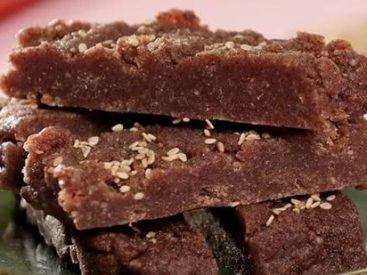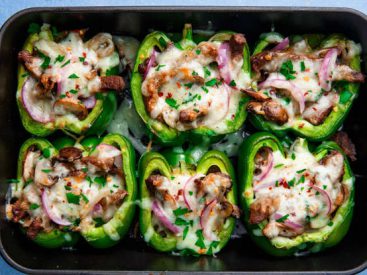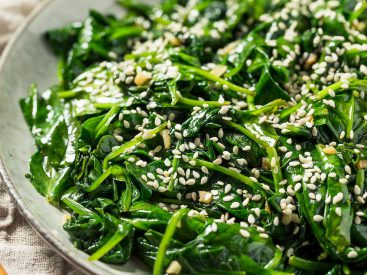Prince Khaled on Investing in the Future of Plant-Based Food and Clean Tech Prince Khaled bin Alwaleed of Saudi Arabia has done more to help an entire region go plant-based than anyone else on the planet. He is a member of the Saudi Royal family and is working to […]
Delicious!
Delicious!



